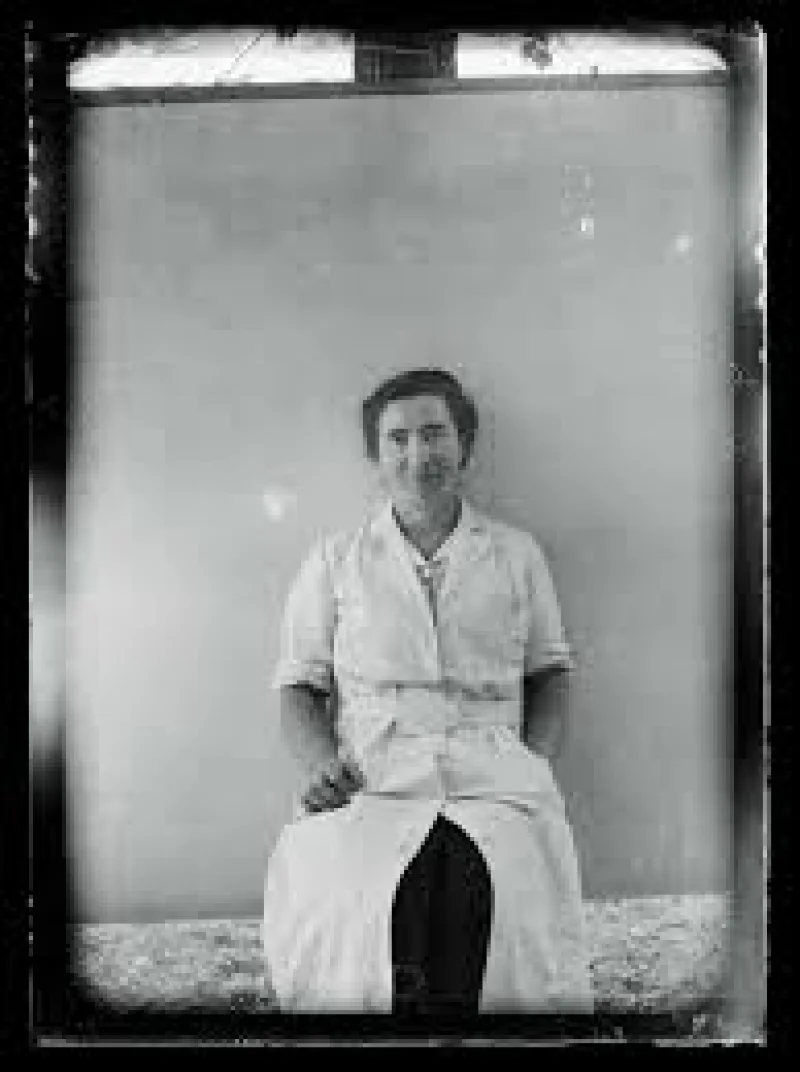Short Summary
Galileo Galilei was an Italian astronomer, physicist, and engineer who played a pivotal role in the Scientific Revolution of the 17th century. He is renowned for his pioneering observations of the heavens, including the discovery of Jupiter's moons, and for championing the heliocentric model of the solar system. His advocacy for empirical observation and experimentation laid the groundwork for modern science and earned him the title "Father of Modern Observational Astronomy."
Early Life & Education
Galileo was born on February 15, 1564, in Pisa, Italy, to Vincenzo Galilei, a renowned musician, and Giulia Ammannati. He was the eldest of six siblings. His early education was at a monastery, where he developed an interest in mathematics and natural sciences. In 1581, he enrolled at the University of Pisa to study medicine, but he was drawn to mathematics and physics. By 1585, he left without a degree but pursued his passion for mathematical studies, influenced by the works of Euclid and Archimedes.
Career Highlights
Galileo's career began with a teaching position at the University of Pisa, where he challenged Aristotelian physics. He later moved to the University of Padua, where he made significant advancements in mechanics and telescopic observations. Galileo improved the design of the telescope, allowing him to make groundbreaking astronomical discoveries. His support for the Copernican heliocentric model faced opposition from the Catholic Church, leading to the infamous trial by the Inquisition. Despite this, his work profoundly influenced scientific thought.
Major Achievements
- Improved the telescope: Enhanced the device to magnify up to 20 times, enabling significant discoveries.
- Discovered Jupiter's moons: Identified four large moons orbiting Jupiter, challenging geocentric beliefs.
- Proposed the principle of inertia: Laid the foundation for Newton's First Law of Motion.
- Championed heliocentrism: Advocated for the Copernican model, altering the course of astronomical science.
- Developed the concept of relativity: Provided insights into motion that predated Einstein's theories.
Famous Quotes
- "All truths are easy to understand once they are discovered; the point is to discover them."
- "I do not feel obliged to believe that the same God who has endowed us with sense, reason, and intellect has intended us to forgo their use."
Interesting Facts
- Galileo's father was a notable composer, influencing his son's analytical skills.
- He was placed under house arrest for the last years of his life due to his support for heliocentrism.
- The Galilean moons of Jupiter are named in his honor.
- His studies of pendulums influenced the development of timekeeping devices.
Legacy / Influence
Galileo's insistence on observation and experimentation as the basis of scientific inquiry revolutionized the way science was conducted. His work laid the groundwork for modern physics and astronomy, influencing future scientists like Isaac Newton. The impact of his discoveries and methodologies continues to resonate in the scientific community and popular culture, underscoring the value of questioning traditional beliefs and pursuing knowledge.
FAQ
Q: Why is Galileo Galilei famous?
A: Galileo is famous for his contributions to astronomy, physics, and the Scientific Revolution, particularly his support of the heliocentric model.
Q: What did Galileo discover with his telescope?
A: He discovered the four largest moons of Jupiter, sunspots, and the phases of Venus, among other celestial phenomena.
Q: Why was Galileo tried by the Inquisition?
A: He was tried for heresy because his support for the heliocentric model contradicted the Church's geocentric teachings.












